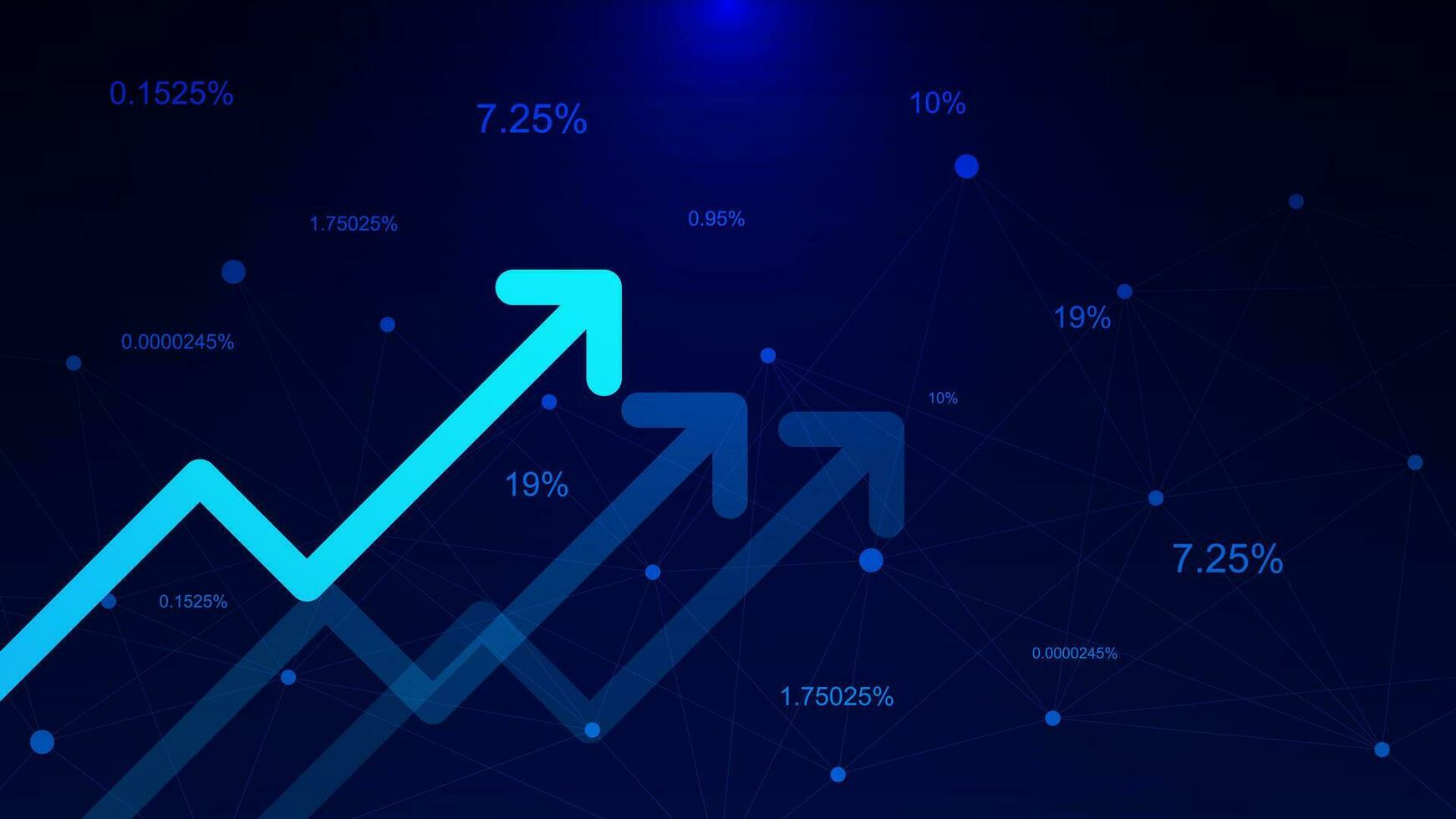
For over 80 years, Toyota has been a significant player in the automotive industry, consistently pushing the boundaries of technology and setting new standards for quality and reliability. Founded in 1937 by Kiichiro Toyoda, the company has evolved from a modest automobile manufacturer in Japan into a global powerhouse, shaping the future of transportation with its commitment to innovation and sustainability.
Pioneering Innovations
Toyota’s journey is marked by numerous breakthroughs that have redefined the automotive landscape. One of the most notable advancements is the introduction of the Prius in 1997, the world’s first mass-produced hybrid vehicle. The Prius represented a paradigm shift towards eco-friendly driving, combining a gasoline engine with an electric motor to significantly reduce fuel consumption and emissions. This innovation not only set a new standard for hybrid vehicles but also underscored Toyota’s dedication to environmental stewardship.
Building on the success of the Prius, Toyota has expanded its hybrid technology across its lineup, offering a range of vehicles from the compact Toyota Yaris to the luxurious Toyota Avalon. This wide adoption of hybrid technology exemplifies Toyota’s strategy to make sustainable driving accessible to a broader audience. Moreover, Toyota’s commitment to hybrid technology has led to the development of plug-in hybrids and the exploration of hydrogen fuel cell technology, further demonstrating its forward-thinking approach.
Embracing Sustainability
Toyota’s commitment to sustainability extends beyond hybrid technology. The company has set ambitious goals to reduce its carbon footprint and promote environmental responsibility. One of Toyota’s most significant initiatives is its “Environmental Challenge 2050,” which aims to achieve zero carbon emissions from its vehicles and operations by 2050. This challenge encompasses a range of objectives, including reducing the lifecycle carbon footprint of new vehicles by 90%, promoting the use of renewable energy, and advancing the development of eco-friendly technologies.
In line with this commitment, Toyota has invested heavily in research and development to enhance battery technology and improve the efficiency of electric vehicles. The launch of the Toyota bZ4X, an all-electric SUV, marks a significant milestone in Toyota’s journey towards electrification. With its sleek design, advanced safety features, and impressive range, the bZ4X exemplifies Toyota’s dedication to creating vehicles that are not only environmentally friendly but also meet the evolving needs of modern drivers.
Ensuring Reliability and Quality
Toyota’s reputation for reliability and quality is built on a foundation of meticulous engineering and rigorous testing. The company’s manufacturing philosophy, known as the Toyota Production System (TPS), emphasizes efficiency, precision, and continuous improvement. TPS incorporates principles such as Just-In-Time production and Jidoka (automation with a human touch) to minimize waste, enhance productivity, and ensure the highest standards of quality.
This commitment to excellence is reflected in Toyota’s impressive track record for durability and reliability. Vehicles like the Toyota Camry, Corolla, and Highlander have earned accolades for their longevity and low maintenance costs. Toyota’s reputation for building dependable vehicles has earned the trust of millions of drivers worldwide, contributing to its status as one of the best-selling automakers globally.
Driving the Future of Mobility
Looking ahead, Toyota is poised to play a pivotal role in shaping the future of mobility. The company is investing in cutting-edge technologies such as autonomous driving and connected vehicles to enhance the driving experience and improve road safety. Toyota’s development of the Guardian and Chauffeur systems represents its commitment to creating vehicles that not only assist drivers but also offer autonomous capabilities for a safer and more convenient journey.
Furthermore, Toyota’s vision extends to the development of smart cities and sustainable urban mobility solutions. The Woven City project, a prototype city of the future, is an ambitious initiative aimed at integrating advanced technologies and sustainable practices to create a connected, eco-friendly urban environment. This project reflects Toyota’s holistic approach to addressing the challenges of modern transportation and urban living.

